If asked about someone – whether we know the person or not – we may reply that we know of him, or her.
On the other hand, we may answer that we know him, or her – and there is a difference.
In the first instance, we may have heard about someone, or read some of his/her writings, or seen photos of them.
But we would not claim to know that person.
We are all aware that there are degrees of knowing.
We are conscious that claiming to know someone involves a relationship –
someone may be an acquaintance, a distant relative, or a close friend.
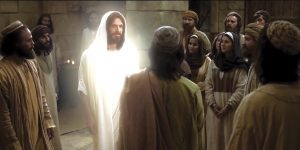 This reflection came to me as I read the gospel text of this 3rd Sunday of Easter (Lk.24:35-48).
This reflection came to me as I read the gospel text of this 3rd Sunday of Easter (Lk.24:35-48).
Jesus appeared to the group of his apostles and…
“They were startled and frightened, thinking they saw a ghost.”
The apostles knew Jesus – they had lived with him for three years, or so.
They could have claimed to know him… quite well.
Yet, they would have probably admitted that, very often, they did not understand him.
And, on that night, they simply failed to recognize him.
Their knowledge of him had to grow and somehow be transformed.
They knew him as Jesus, the former carpenter, or Jesus, the Man of Nazareth.
Now, they had to recognize in him more than that… they had to know him as the Risen Lord.
“Then he opened their minds so they could understand the Scriptures.”
I believe that such a growth must be part of my own relationship with God.
God may have been the God of my childhood, and the God of my youth.
He may have remained my God when I became an adult, but… did he remain the same?
And, if I have reached the ‘golden age’, is he still the same for me, as he was before?
Some may hasten to reply that, of course, God is the same, they will claim that God does not change.
This may be correct in some way.
But I have changed, and I believe that my understanding of God should somehow grow with me…
For me too, God must open my mind so that I may understand who he truly is… now…
And he may reveal himself in other ways – surprising and wonderful – as I walk with him from day to day.
Note: Another reflection on a different theme is available in French at: https://image-i-nations.com/3e-dimanche-de-paques-annee-b-2021/
Source: Images: Bearing the Cross – Altervista
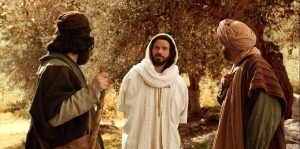 “Something prevented them from recognizing him.”
“Something prevented them from recognizing him.”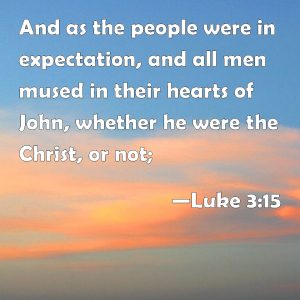 And of them, the text says:
And of them, the text says:
 This reflection came to me as I read the gospel text of this 3rd Sunday of Easter (Lk.24:35-48).
This reflection came to me as I read the gospel text of this 3rd Sunday of Easter (Lk.24:35-48).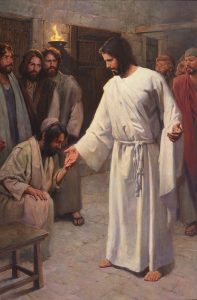 Thomas, the apostle, has been blamed and praised probably in equal measure!
Thomas, the apostle, has been blamed and praised probably in equal measure!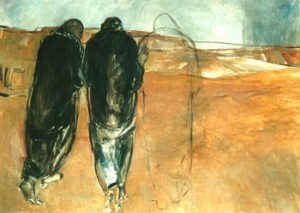 One especially retains my attention; the text says:
One especially retains my attention; the text says: An impediment of what kind?
An impediment of what kind? It is the case for me with this Sunday’s gospel text (Mt.4:12-23) where we are told that
It is the case for me with this Sunday’s gospel text (Mt.4:12-23) where we are told that Looking is more than simply seeing, it asks for attention.
Looking is more than simply seeing, it asks for attention. 
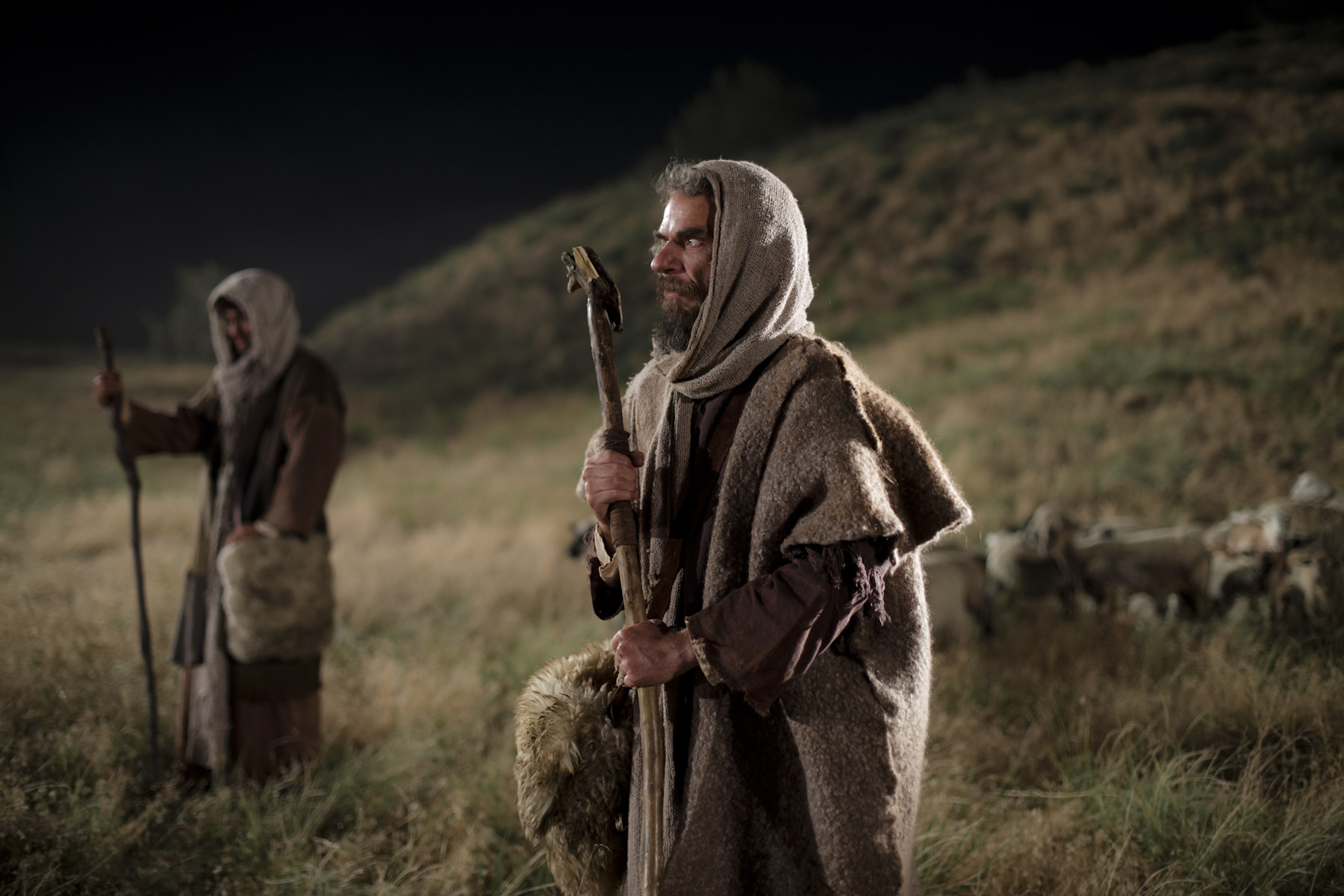
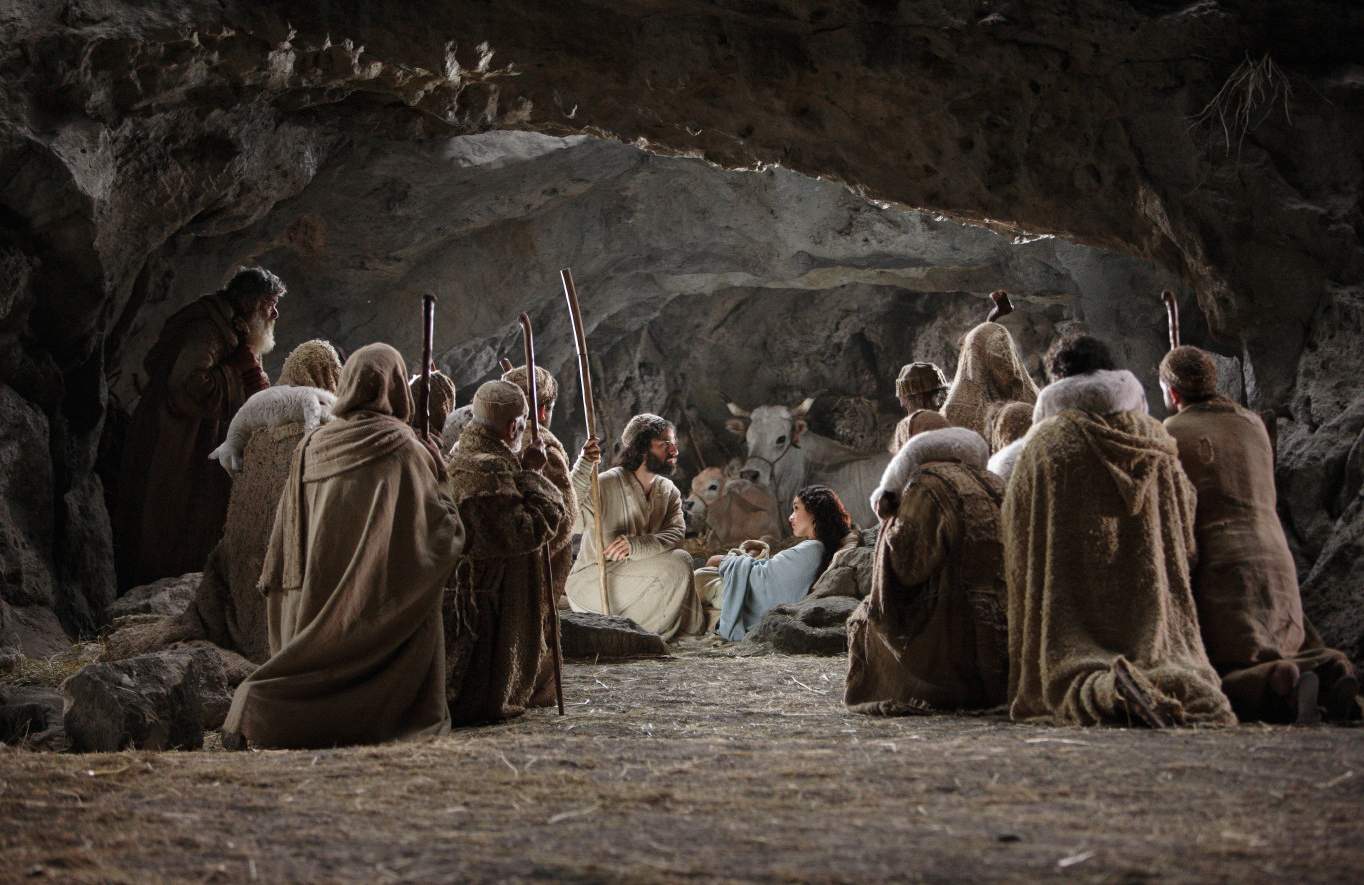 Ordinary people making the experience of an extraordinary event.
Ordinary people making the experience of an extraordinary event.